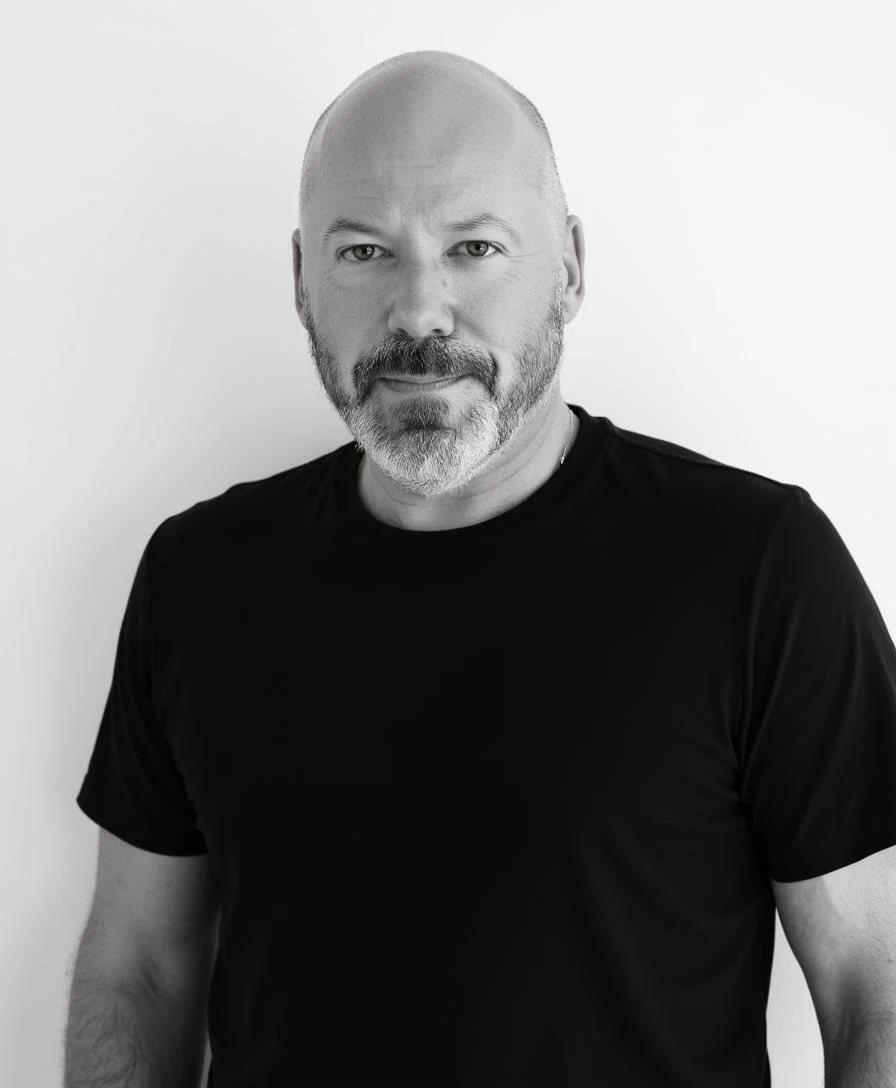
Michael Reiff, MS, NCC, LPC-Associate
Supervised by Kimberley Mead, LPC-S
I come to the counseling profession later in life, but I am no stranger to the world of psychology. My mother was a therapist, as well as being a poet and painter, and she instilled a fascination for exploring human consciousness in me from my earliest days. I was devouring Jung’s Collected Works when I was in high school, and much of my spare time since has gone into studying the intersection of psyche, soma, and spirit.
Therapy can be many things to many people, and each therapist has their own style and approach. I take a “depth-oriented” perspective, which does lend itself to longer-term work, focused on the roots of longstanding issues, rather than solely on symptom relief. I try to purposefully integrate modern neurobiologically informed approaches with classical psychodynamic approaches.
Attachment-Focused and Relational:
I start with a mutual acknowledgment of the criticality of both childhood and adult attachment styles, and also honor the research showing that the relationship between client and therapist is the most critical factor for successful therapy.
Somatically-Grounded:
I was a bodyworker many years ago, and it gave me unique insights into how trauma and emotional patterns are held in the body. Contemporary research bears out the link between brain, mind, and body, and working somatically let’s us access stored defensive patterns in a way that lets them finally resolve. It also makes it easier to address the patterns that are stored in areas of the brain that generate sensations and images, rather than words.
Brain-Based and Neurobiologically-Informed:
Modern neuroscience has had a profound effect on trauma therapy, beginning with Dan Siegel’s Interpersonal Neurobiology (IPNB). While I certainly don’t aspire to be a neuroscientist, I strive to train with teachers whose frameworks are based on very recent research into how best to engage the brain and nervous system for effective trauma healing.
Psyche and Soul:
The movement towards establishing psychology as a “hard” science (think cognitive and behavioral models) led to most academic researchers and clinicians abandoning core human principles, such as the soul, the Self, and the spirit. I can fully appreciate that these concepts are not the sort of things to be measured in research studies and academic labs, but they lie at the roots of human healing (which goes beyond the psychological), and have since the birth of humankind. I highly value the science of psychology, but I also believe that trauma and psychedelic-assisted therapies, in particular, can be a sort of soul recovery, and ignoring the deepest and most transcendental parts of the human experience is counterproductive for doing real depth work. So while we may use behavioral models like ACT, you should also feel entirely comfortable bringing myth, dreams, and belief to our time together.
My Approach
My Training
Licensed Professional Counselor - Associate, supervised by Kimberley Mead LPC-S
Certified Master Level NARM practitioner (Level 3)
SEP trainee in Somatic Experiencing (currently pursuing Intermediate levels)
Accelerated Experiential Dynamic Psychotherapy (AEDP) (Level 1 certified)
Internal Family Systems (IFS)-informed , currently in Level I training from IFS Institute
Coherence Therapy Level 1 Certified
STAIR Method Level 2 Trained: (Advanced Parts Work & Memory Reconsolidation)
MAPS Zendo Project SIT Training: psychedelic integration support and harm reduction
Acceptance & Commitment Therapy (ACT)
Master’s of Science in Clinical Mental Health Counseling
Master’s of Business Administration
25+ years executive leadership experience
My Journey from Leadership to Counseling…
The Early Years
When I was 18, a passion for meditation practice convinced me that I needed to enter a monastery and devote my life to the search for enlightenment.
My actual days in the monastery ended less than a month later (turns out it’s tough to retreat from the world when you haven’t really lived much yet!), but the passion for studying consciousness never left me. My late teens and twenties were spent as a performing musician, a licensed bodyworker, and a student of martial arts. I also happened to find that I enjoyed leading people, thanks to years as a musical instrument store manager.
My early life also included a great deal of loss and personal trauma, which led to my ongoing fascination with finding approaches to trauma healing that actually work.
The Dot-Com Era
That growing interest in management led to a chance cocktail party discussion that changed the trajectory of my career and led me straight into digital product development at the height of the dot com hype cycle.
I cut my teeth business-wise during that insane period of ill-advised IPOs, and high-speed strategic pivots. It was during this time that I found I loved strategy and product development work, but I also loved building high-performing teams even more.
It was a strange and wonderful time to come of age as a leader.
The Executive Years
From 2000-2024, I held a number of executive leadership roles at companies ranging from angel-funded startups to publicly-traded global enterprises. I helped build companies and lead my teams through IPOs and exits via M&A.
I also got married and raised two children with my partner. My personal therapy journey and studies in consciousness continued throughout this time, and were instrumental in sustaining me through challenging times and life transitions.
As a leader, my passion for psychology never left me, so it was impossible for me not to view the organizations and teams I was a part of through that lens.
That led to insights both on the impacts of psychological safety (or the lack thereof) in the workplace, and the outsized impacts that leaders have on the lives of the people around them. It became clear to me that helping leaders address their emotional blind spots, and helping team members recover from the trauma of toxic workplaces, would be the focus of my post-corporate life.

Family Caregiving
I have had the privilege of supporting close relatives through terminal illness, starting very early in my life.
This meant that I have spent many hours in hospital rooms, and over the years I have come to a particularly deep appreciation and gratitude for the impact that nurses can have on both patients and families going through the frightening and exhausting process of cancer treatment.
I also saw, and felt, how challenging it could be for caregivers to get support of their own, which is something of a silent tragedy. As passionate as I am about working with leadership and workplace issues, supporting caregivers is a deeply personal mission for me.
Today and Tomorrow
Every aspect of my lived experience—from early trauma, to leadership, to parenting, to creating and performing music, to spiritual exploration—has influenced who I am and what I embody as a counselor. When I’m not in the office you’ll find me cycling the roads and trails of Austin, producing electronic music, reading and training, working out, and hanging with my family and evil genius standard poodle.
My focus is on working with people who want to work at depth, and who seek lasting transformation rather than quick fixes.
All are Welcome!
I strive to provide a welcoming, affirming space for all clients.
I am an LGBTQIIA+ ally and offer neurodiversity-affirming care. My practice is committed to honoring and supporting people of all genders, sexual orientations, races, ethnicities, abilities, and ages—ensuring therapy is a safe and respectful place for every individual’s story to be heard and validated.
I feel it needs to be called out during our current times, that I will work with all clients, regardless of political affilitation.
If you would like to learn more or get started, let’s explore more in a
FREE 20-minute consultation call.








